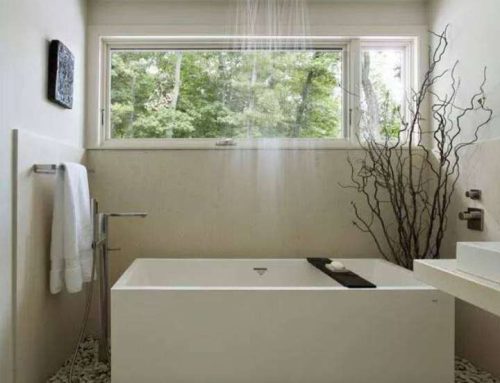Your septic system plays a crucial role in safely disposing of wastewater from your home. Proper care and maintenance are essential to keep it running smoothly and avoid costly repairs. In this blog post, we will provide you with valuable maintenance tips and best practices to ensure the longevity and efficiency of your septic system.
- Schedule Regular Pumping: Regular septic tank pumping is vital to prevent solids from accumulating and clogging the system. On average, it is recommended to have your septic tank pumped every 3 to 5 years, depending on household size and water usage. Hire a professional septic service provider to perform the pumping and ensure thorough cleaning of the tank.
- Conserve Water: Excessive water usage can overload your septic system and lead to problems. Implement water conservation practices such as fixing leaky faucets, using high-efficiency fixtures, and spacing out water-intensive activities like laundry and showers throughout the week. This will reduce the strain on your septic system and help it operate more efficiently.
- Be Mindful of What Goes Down the Drain: Septic systems rely on natural processes to break down waste. To maintain a healthy balance of bacteria and prevent clogs, be mindful of what you flush or pour down the drain. Avoid flushing non-biodegradable items, harsh chemicals, grease, oil, medications, and excessive amounts of household cleaners. Instead, dispose of them properly or consider alternative, septic-friendly products.
- Protect the Drainfield: The drainfield is a critical component of your septic system that filters and disperses the treated wastewater into the soil. Protect it by diverting rainwater and surface runoff away from the drainfield area. Avoid parking vehicles or placing heavy structures on top of the drainfield, as this can compact the soil and hinder proper drainage.
- Perform Regular Inspections: Regular inspections by a professional septic service provider are crucial to catch any potential issues before they become major problems. They can assess the overall condition of your system, identify leaks, check the levels of sludge and scum, and ensure that all components are functioning properly.
Proper maintenance of your septic system is essential for its longevity and optimal performance. By following these maintenance tips and best practices, you can avoid costly repairs, ensure the efficient operation of your septic system, and contribute to the protection of the environment. If you need professional assistance or have any questions regarding your septic system, don’t hesitate to reach out to the experts at Brogdon Plumbing Company. Together, we can help you maintain a healthy and functional septic system for years to come.





